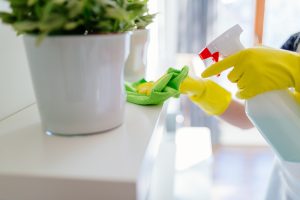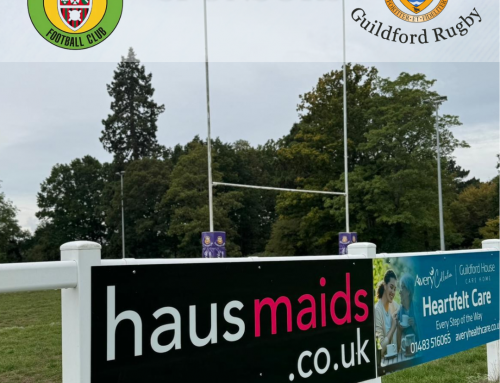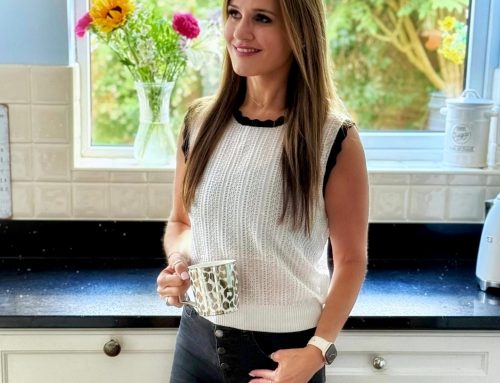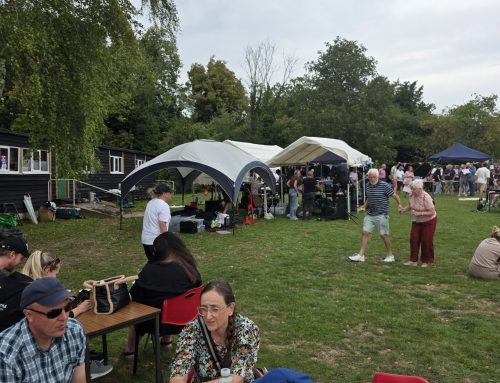 So far, medical advice around coronavirus has focused mostly on the importance of washing your hands regularly. But what about your home?
So far, medical advice around coronavirus has focused mostly on the importance of washing your hands regularly. But what about your home?
With many of us spending more time at home, it’s essential to keep up good hygiene habits to help prevent the spread of viruses and stay healthy.
Although scientists are still unsure of exactly how long the virus will survive on surfaces, some estimates say it could be up to several days on surfaces like metal, glass and plastic. That’s a long time to potentially pass on the infection!
Fortunately, the virus can be killed through cleaning and disinfecting. Get our tips on which types of products are most effective at tackling viruses and what to focus on when cleaning.
Cleaning or disinfecting?
It’s first worth pointing out the difference between cleaning and disinfection. Cleaning means physically removing organic matter such as germs and dirt from surfaces. Disinfecting means using chemicals to kill these germs.
Both are highly important in preventing the spread of viruses and lowering the risk of infection. Organic matter may inhibit or reduce the disinfectant’s ability to kill germs, so you should always clean first and then disinfect after.
As with cleaning your hands, soap and water are some of the most effective options for cleaning surfaces. Detergent is great at disrupting the virus structure by dissolving the virus lipids and stopping them binding to our cells. The alcohol in hand sanitiser also works in a similar way.
For disinfection, diluted household bleach solutions (like hydrogen peroxide or sodium hypochlorite) or alcohol-based solutions should be effective.
If you are buying disinfectant, be sure to check it combats viruses including influenza and human coronaviruses, and always read the label! Many products marketed as anti-bacterial won’t work against a virus like COVID-19, only bacteria like E. coli or salmonella — so best to double check. Some products also need to be left for anywhere from two to ten minutes to work properly.
How should I use these products?
Hands are often responsible for transferring pathogens from one place to another, meaning items and surfaces that people frequently touch are at the greatest risk of being contaminated.
Did you know that you touch a door handle on average 3.3 times an hour? Particular attention should also be paid to TV remotes, phones, iPads, fridges, taps, kitchen surfaces and light switches.
How you clean is important, too. You don’t want to ‘re-contaminate’ surfaces while cleaning. To avoid this, use an ‘S’ shape to work from one side of a surface to the other.
When cleaning electronic devices, you should avoid using rubbing alcohol or disinfectants because they can damage the protective coating on the screen. Instead, turn off the device, lightly dampen a microfiber cloth with soap and water and scrub the screen.
It’s also crucial to think about how the things used to clean your home — such as sponges and cloths — can spread germs. If you are reusing a cloth, remember to wash it afterwards in warm soapy water and let it dry. Laundering cloths in the washing machine on a hot wash will also help to kill any viruses picked up while cleaning.
Once you are done, remember to wash your hands thoroughly — even if you have worn gloves.
Or better yet… let someone else tackle it!
We all have things we would much rather be doing than cleaning our homes, so why not leave it to the experts? Haus Maids is a professional home cleaning company with cleaners in Farnham, Milton Keynes, Alton, Winchester, Bishops’ Stortford, Guildford, Godalming, Cheltenham and Sutton Coldfield.
Our bespoke cleaning service ensures nothing is overlooked, and with our 100% satisfaction guarantee, we can assure you of a great experience every time we clean your home. We bring all the products and equipment with us, so you don’t need to worry about buying the right thing, and we use new cloths and sponges every time to prevent contamination.
If you want to keep your home spotless and virus-free, contact your local office today to arrange a free estimate.





